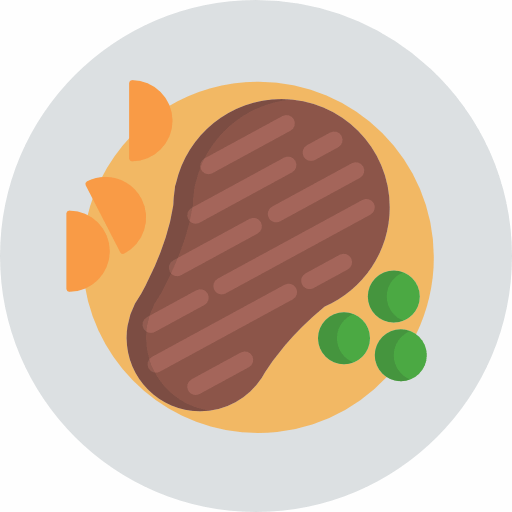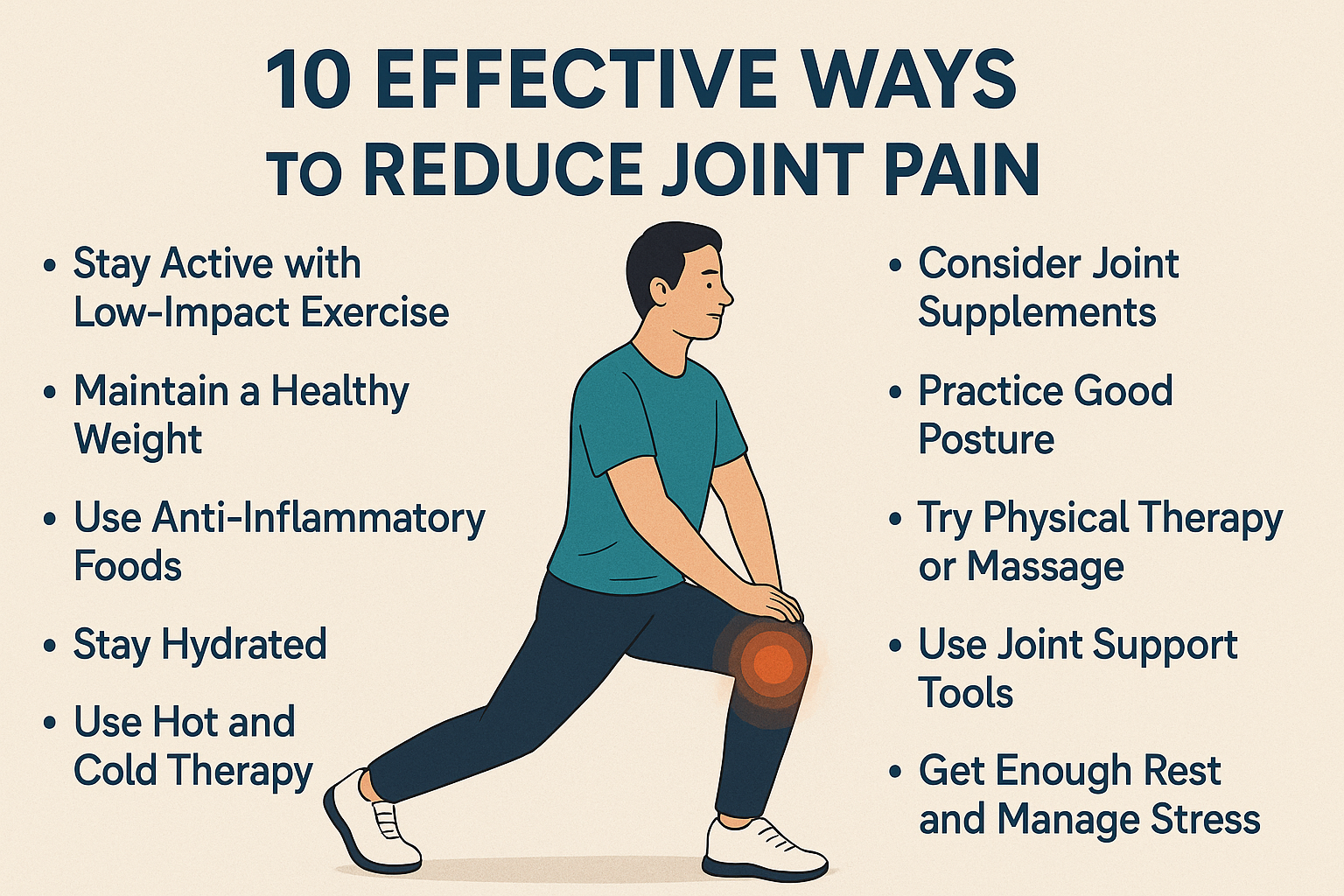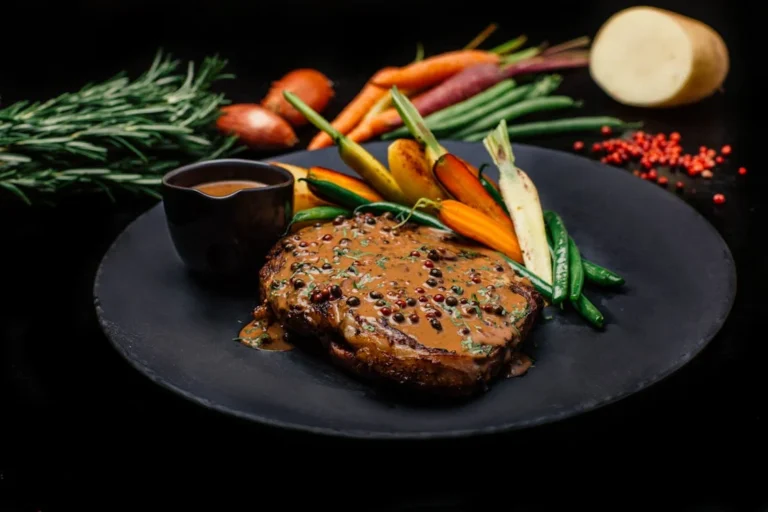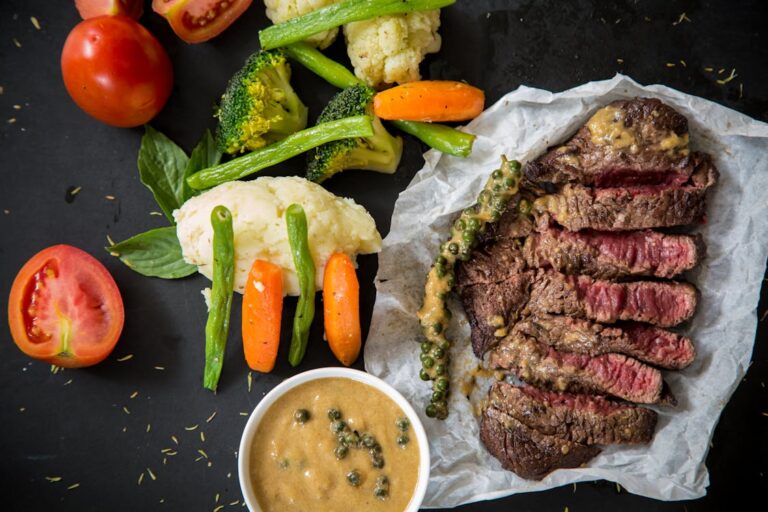10 Effective Ways to Reduce Joint Pain Naturally
Joint pain can affect anyone from young athletes to aging adults. Whether caused by arthritis, injury, or inflammation, persistent joint discomfort can seriously interfere with your daily life. Fortunately, there are several proven strategies that can help reduce or even prevent joint pain without relying heavily on medications.
In this comprehensive blog post, we’ll explore 10 effective ways to manage and reduce joint pain using lifestyle changes, natural remedies, and science-backed methods.
1. Stay Active with Low-Impact Exercise
One of the most effective ways to reduce joint pain is to keep moving. Contrary to what many believe, regular physical activity strengthens the muscles around your joints and helps maintain flexibility.
Recommended Exercises:
- Swimming or water aerobics
- Walking
- Cycling
- Yoga or Tai Chi
These low-impact exercises reduce stress on your joints while improving your range of motion and blood circulation.
2. Maintain a Healthy Weight
Excess weight puts added pressure on weight-bearing joints such as the knees, hips, and lower back. Even losing a small amount of weight can make a significant difference.
Example:
Losing just 10 pounds can reduce the load on your knees by 30–40 pounds with every step.
How to Do It:
- Adopt a balanced diet (lean proteins, whole grains, healthy fats)
- Limit sugary, processed foods
- Combine cardio and strength training
3. Use Anti-Inflammatory Foods
Chronic inflammation is a major contributor to joint pain. Incorporating anti-inflammatory foods can naturally reduce inflammation and pain.
Foods That Fight Inflammation:
- Fatty fish (salmon, mackerel, sardines)
- Leafy greens (spinach, kale)
- Berries (blueberries, strawberries)
- Turmeric (with black pepper)
- Ginger
Avoid pro-inflammatory foods like processed meats, refined sugar, and excess alcohol.
4. Stay Hydrated
Joint cartilage is made mostly of water, and dehydration can lead to joint stiffness and pain.
Tip:
Aim for 8–10 glasses of water per day, more if you’re active or live in a hot climate.
5. Use Hot and Cold Therapy
Alternating between heat and cold can provide relief:
- Heat relaxes muscles and improves circulation (great before activity)
- Cold reduces inflammation and numbs pain (ideal after exercise)
Apply for 15–20 minutes at a time using a heating pad or ice pack.
6. Consider Joint Supplements
Some supplements can support joint health and reduce inflammation.
Common Supplements:
- Glucosamine and Chondroitin
- Omega-3 fatty acids
- Vitamin D and Calcium
- Turmeric extract (curcumin)
Always consult with a healthcare provider before starting any supplement.
7. Practice Good Posture
Poor posture places uneven stress on your joints and can lead to chronic pain over time.
Quick Fixes:
- Keep your back straight while sitting
- Avoid slouching
- Adjust your workstation ergonomically
- Sleep with proper neck and back support
8. Try Physical Therapy or Massage
A certified physical therapist can provide personalized stretches and strengthening exercises to target painful joints. Meanwhile, massage therapy can:
- Reduce muscle tension
- Improve blood flow
- Promote relaxation
These therapies can be great additions to your joint pain management plan.
9. Use Joint Support Tools
Assistive devices can reduce strain and make daily tasks easier:
- Knee braces
- Cushioned insoles
- Compression gloves
- Canes or walkers, if needed
These tools can improve stability and ease pressure on painful joints.
10. Get Enough Rest and Manage Stress
Rest is essential for recovery, and stress can increase inflammation. Incorporating relaxation techniques like:
- Meditation
- Breathing exercises
- Mindfulness
- Getting 7–9 hours of sleep nightly
…can help reduce both physical and emotional stress that worsens pain.
Final Thoughts
Managing joint pain requires a holistic approach that includes diet, exercise, rest, and lifestyle changes. While over-the-counter medications can offer temporary relief, long-term management is best achieved by addressing the root causes — inflammation, poor mobility, excess weight, and stress.
Everyone’s body is different, so it’s important to consult a doctor, especially if your joint pain is severe or persistent. By adopting some of these simple, natural strategies, you can regain control over your mobility and improve your quality of life.




